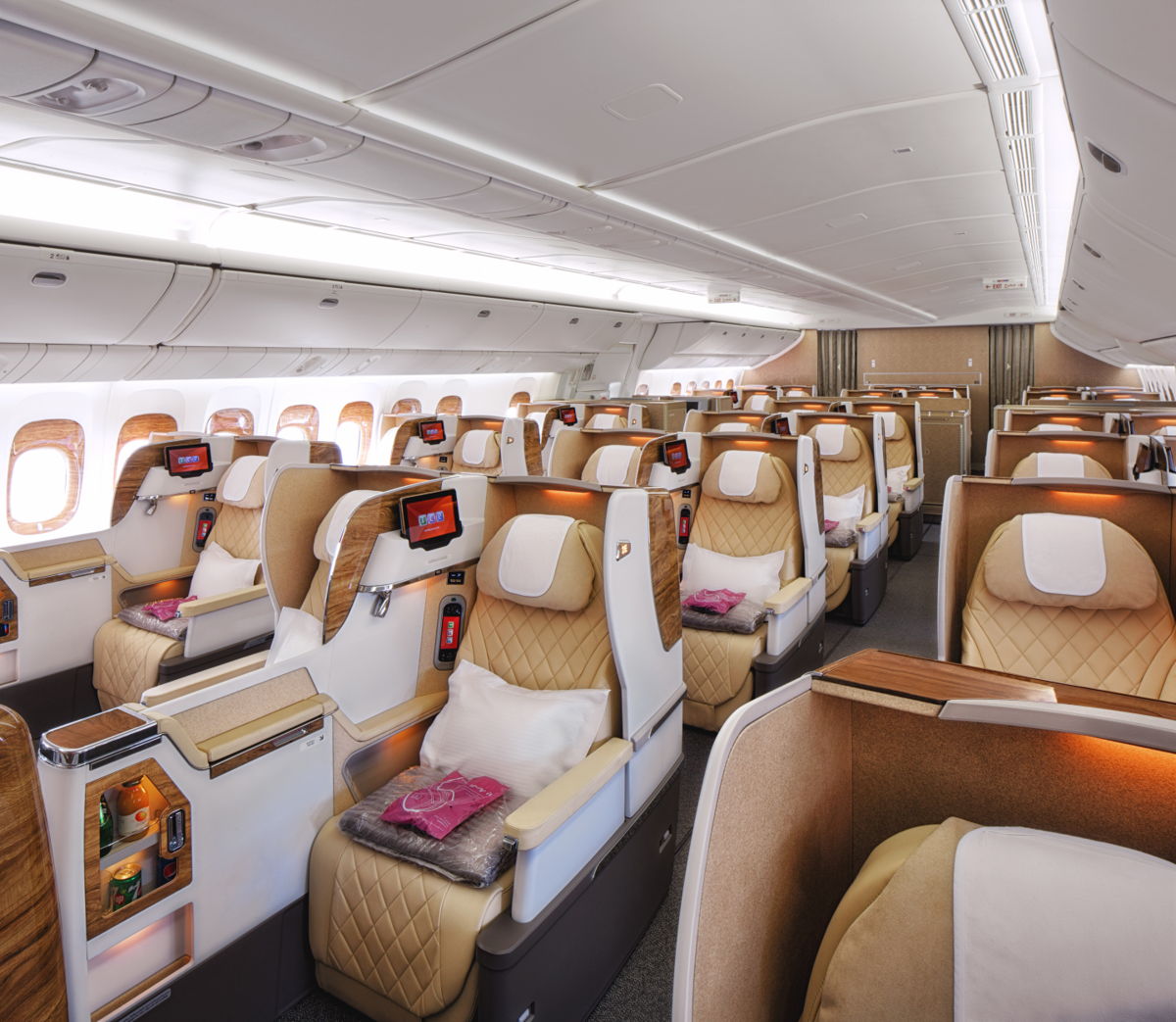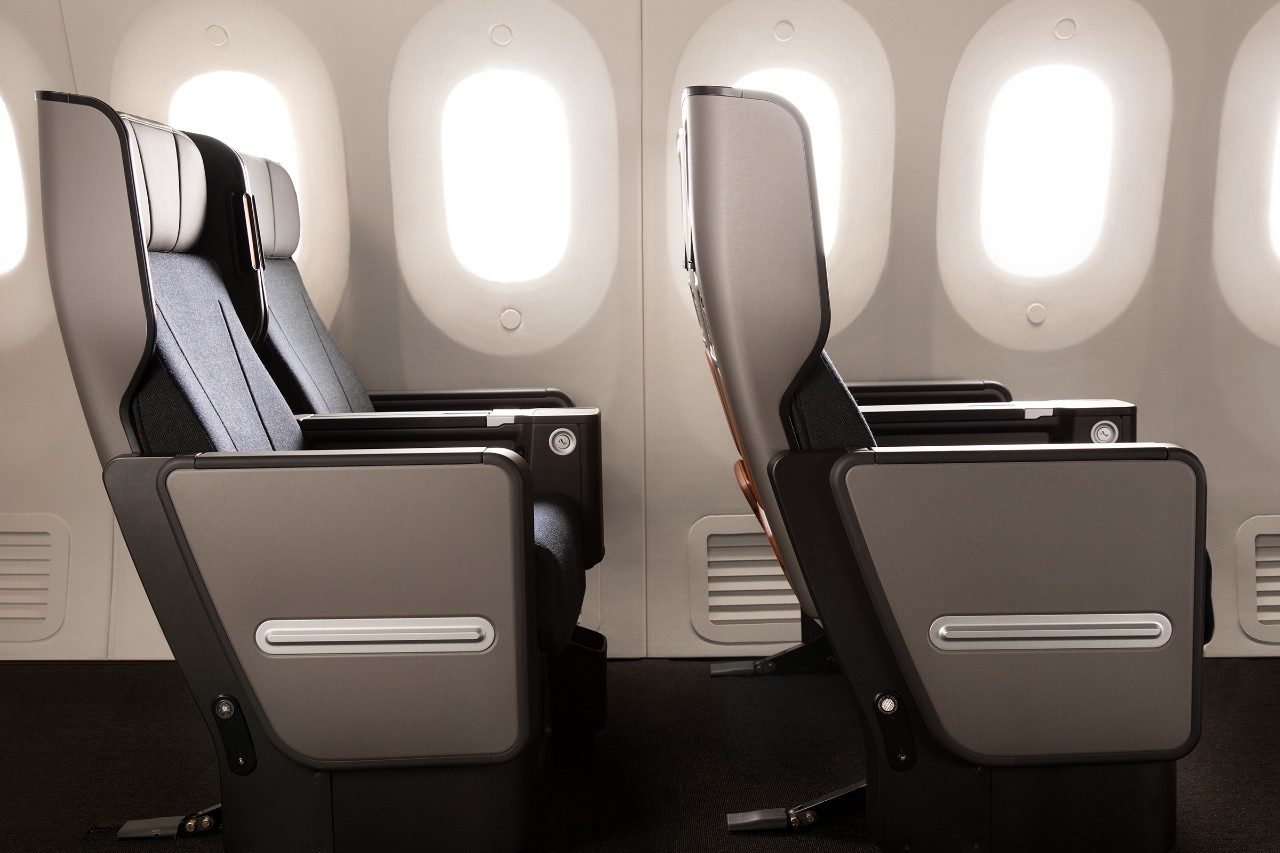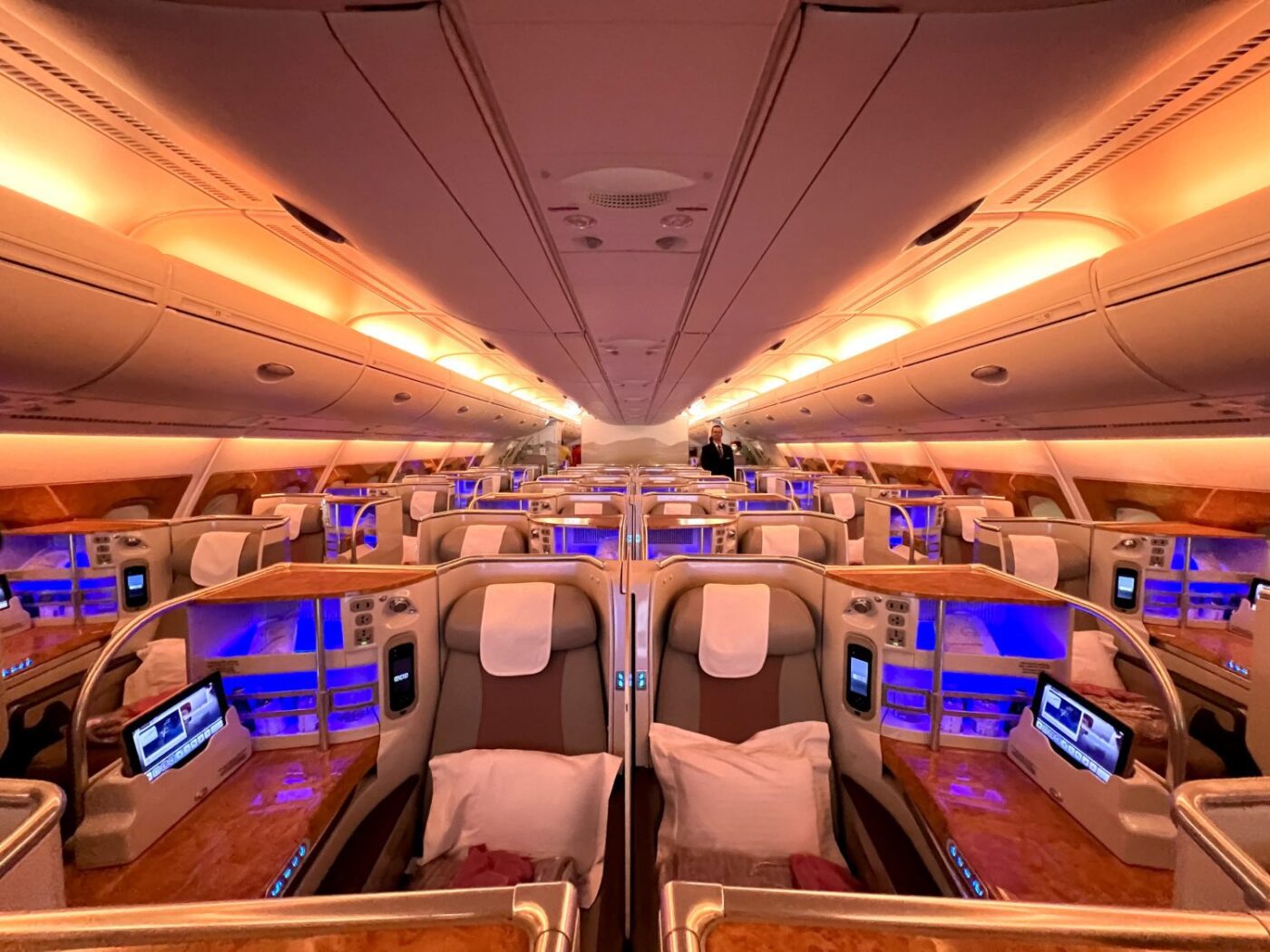We spend thousands, sometimes tens of thousands of dollars with airlines, but the all-important question of whether we can really trust them with our hard-earned cash rarely comes up. One New Zealander had his doubts after paying top dollar for a business class ticket on Emirates only to be left disappointed when he found the seats weren’t fully flat. He refused to take it lying down and successfully sued Emirates for false advertising. Could you do the same?
Emirates, like many other airlines, invests heavily in its premium products like business class seats in the hope of attracting high-paying customers. They promote their most luxurious products with photos of fully flat seats, sliding doors for privacy, and even throne-style seats fit for a king.
However, as we’ve seen with a recent lawsuit against Emirates, failing to deliver on advertised features can lead to a loss of customer trust and much-needed revenue.
This will be of particular concern to airlines given that business and first-class passengers make up just 5% of air travellers but generate more than 30% of airline revenue, according to the International Air Transport Association (IATA).
Moreover, business class customers are renowned for being fiercely loyal to a specific airline, with 87% of them picking a favourite and sticking with it… Until given a reason not to do so, when they quickly jump ship to another carrier. But one bloke went a step further, and also took ’em to court.
The case in question involved a New Zealand man who purchased an Emirates business class ticket expecting the fully flat seats that were advertised. Instead, he was presented with angled seats that were less cushioned than those shown in Emirates’ advertising, alongside an entertainment system that was outdated and malfunctioned.

Emirates tried to argue that their contract of carriage allowed for aircraft substitutions, but the court was having none of it. The advertised product wasn’t even available on the Auckland-Dubai route at the time, and the airline couldn’t justify its claim that it had to use better planes on other routes because they were losing money flying to Auckland. Nice try though…
The court ruled in favour of the customer, ordering Emirates to pay a partial refund of the ticket price as well as the cost of a one-way upgrade to first class, a total of NZ$13,555 (~AU$12,660 or US$8,415) by March 27th. It’s a victory for anyone who’s ever been misled by airlines’ fancy advertising claims.
It’s difficult to say for certain whether a similar case would be successful in Australia (or other jurisdictions like the United States) as the laws and regulations surrounding false advertising and consumer protection differ from those in New Zealand.
Under the Australian Consumer Law, consumers have a right to expect that the products or services they purchase will be of acceptable quality and match the description provided by the business. If a business fails to meet these expectations, consumers may have grounds for a legal claim or a refund.
Is business class under threat?
The COVID-19 pandemic has greatly impacted business class travel, with IATA reporting a 77% decrease in premium air travel revenue in 2020 compared to 2019. As a result, airline companies have had to adapt their premium products to meet changing customer needs and expectations.

Some airlines have introduced “premium economy” seats, which offer a middle ground between business and economy class to cater to cost-conscious travellers who still want some of the amenities of business class. Additionally, some airlines have introduced flexible booking policies to accommodate changing travel plans during the pandemic.
However, surveys show that for committed business class travellers, comfortable seating and personalised service are the most important features for business class passengers. Failing to deliver on these features can result in a near-immediate loss of trust and loyalty, as is the case here.
So, what’s the takeaway? Airlines need to be honest and transparent with their customers. If they can’t deliver what they promise, they shouldn’t be selling it. It’s time for airlines to stop selling dreams and start delivering reality.
